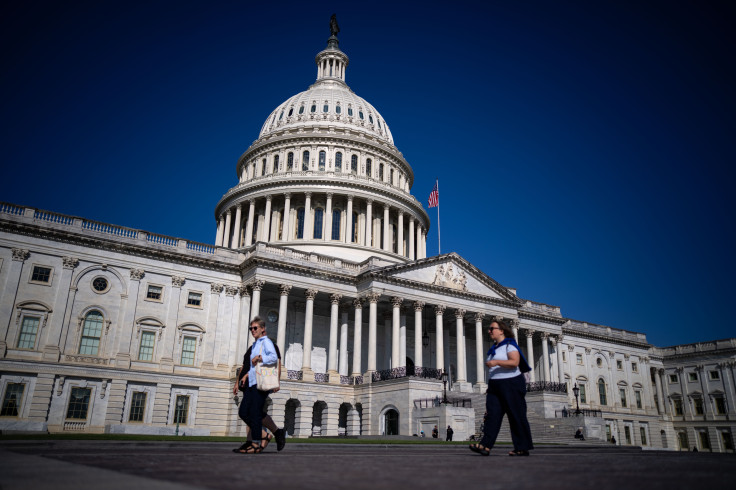
Congress narrowly avoided a government shutdown early Saturday by passing a last-minute spending bill just 38 minutes after the midnight deadline. The Senate approved the measure in an 85-11 vote, following earlier bipartisan support in the House. The bill, which keeps federal funding flowing through mid-March, now heads to President Biden.
Despite a brief technical lapse in funding, the White House confirmed that all agencies remained operational, as Biden is expected to sign the bill on Saturday. The legislation provides $100 billion for disaster relief, $10 billion for farmers, and extends key food aid programs. However, it does not address raising the debt ceiling, a politically fraught issue that will likely arise after President-elect Donald Trump takes office alongside a Republican-controlled Congress.
The bill emerged after a chaotic week of negotiations. House Speaker Mike Johnson faced backlash from both parties, with Republicans splintering over a demand by Trump and billionaire Elon Musk to suspend the debt ceiling. Their proposal failed, with 38 House Republicans joining Democrats to defeat it. The final package excluded contentious elements like a pay raise for lawmakers and restrictions on investments in China, which Musk had criticized.
While Democrats voiced disappointment over stripped provisions, such as health care and trade measures, they supported the bill to prevent a shutdown, which could have disrupted federal services, suspended pay for workers, and cost the travel industry $1 billion weekly. Authorities had also warned of holiday travel chaos. Some Republicans opposed the bill, citing its lack of spending cuts. Representative Rich McCormick said it failed to address the nation's growing debt, now exceeding $36 trillion
The infighting among Republicans highlighted potential challenges for Trump's administration. Despite pledging to address spending cuts and the debt limit in future legislation, internal divisions could complicate the GOP's ambitious agenda, which includes tax reform, energy expansion, and immigration crackdowns.
House Speaker Mike Johnson framed the current bill as a temporary measure. "This was a necessary step to bridge the gap, to put us into that moment where we can put our fingerprints on the final decisions on spending," he said, adding that Trump supports the plan.
Democratic leaders acknowledged compromises but highlighted successes, such as blocking Republican efforts to raise the debt ceiling. "We have successfully advanced the needs of everyday Americans, but there are still things to be worked on," said House Democratic Leader Hakeem Jeffries.
The last government shutdown occurred during Trump's first term, lasting 35 days - the longest in American history, and it stemmed from a standoff over Trump's demand for $5.7 billion to fund a border wall with Mexico, his key campaign promise. The impasse led to a partial closure of federal agencies, delaying paychecks for 800,000 federal workers and disrupting services ranging from national park operations to air traffic control. The shutdown ended after bipartisan negotiations led to a temporary funding agreement, though the border wall funding dispute persisted.
© 2025 Latin Times. All rights reserved. Do not reproduce without permission.





